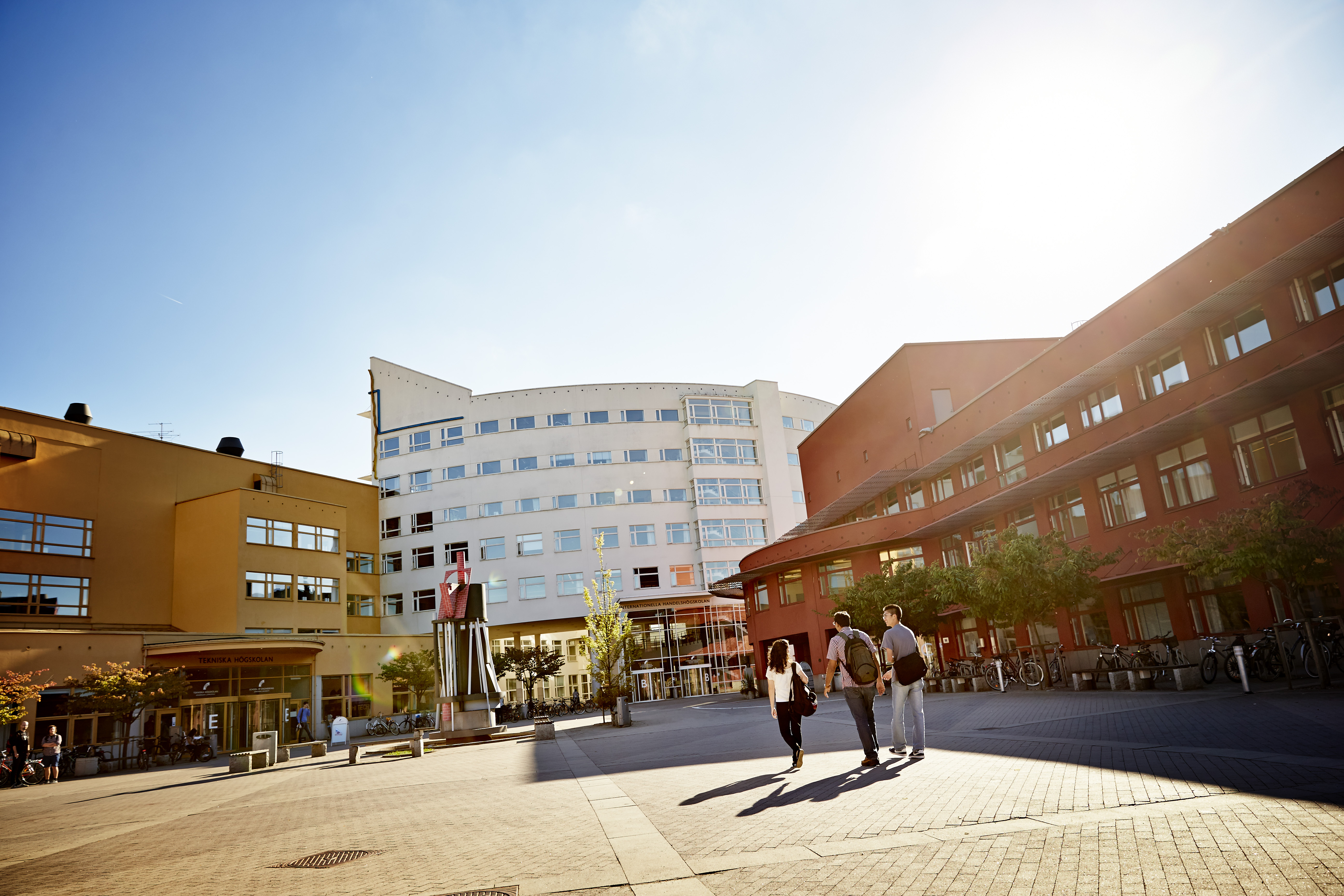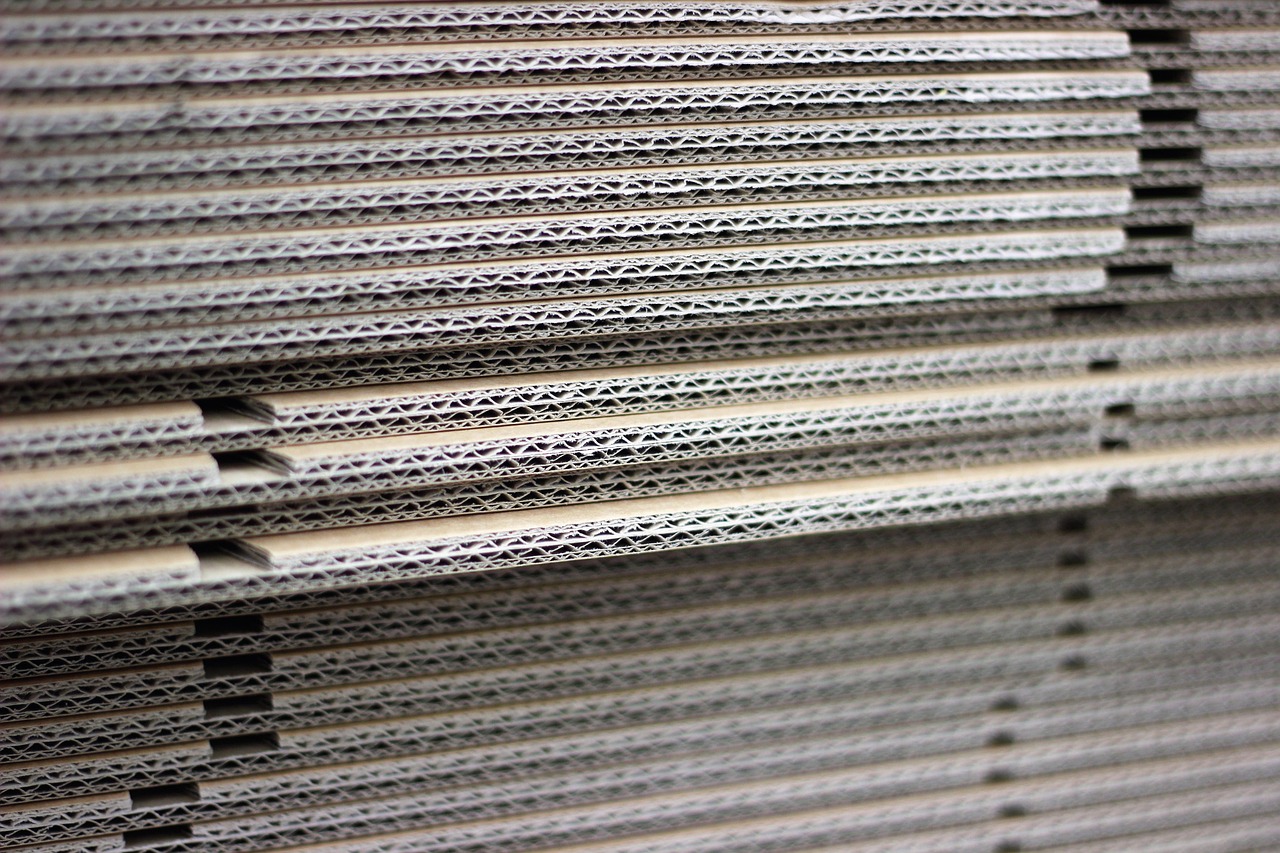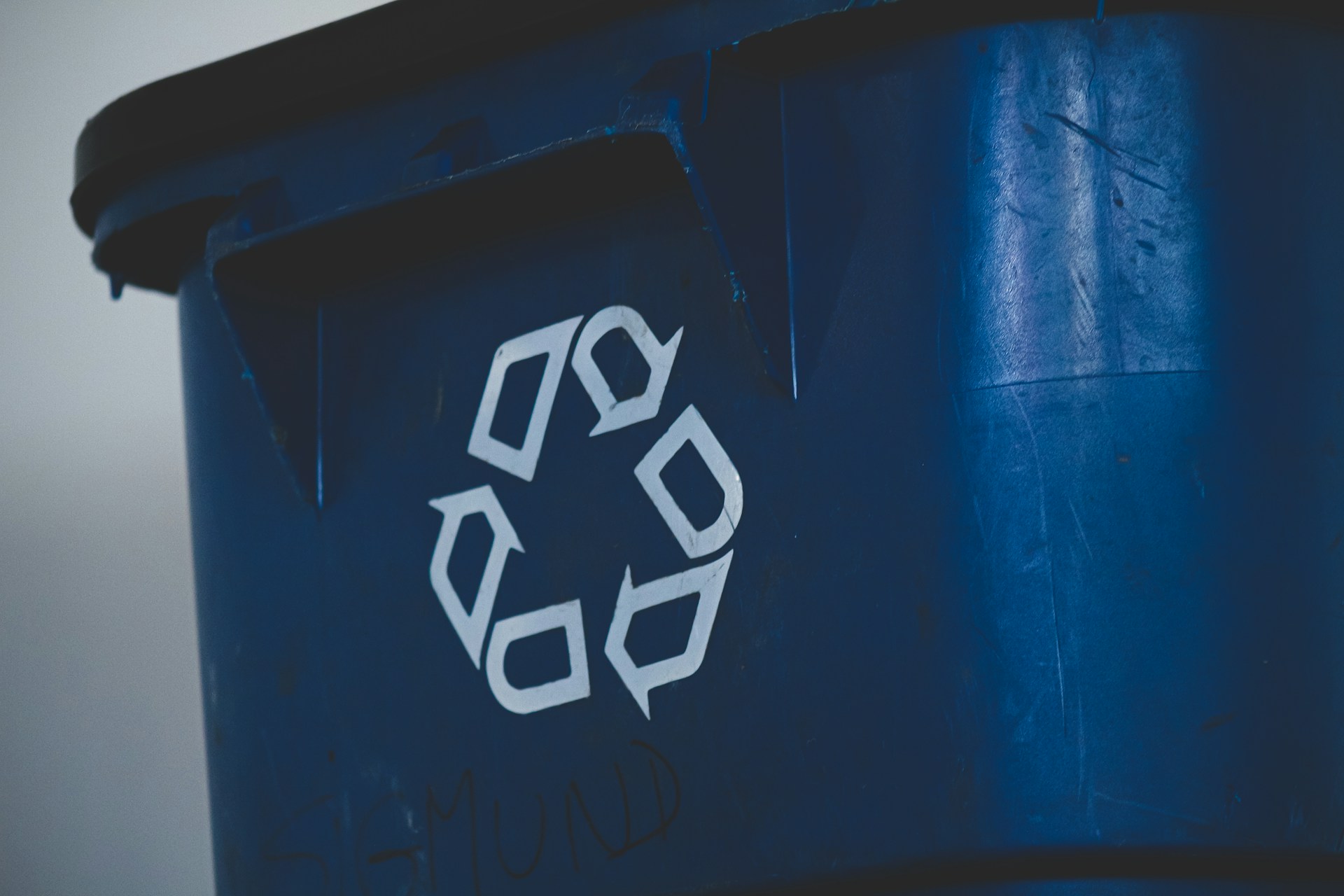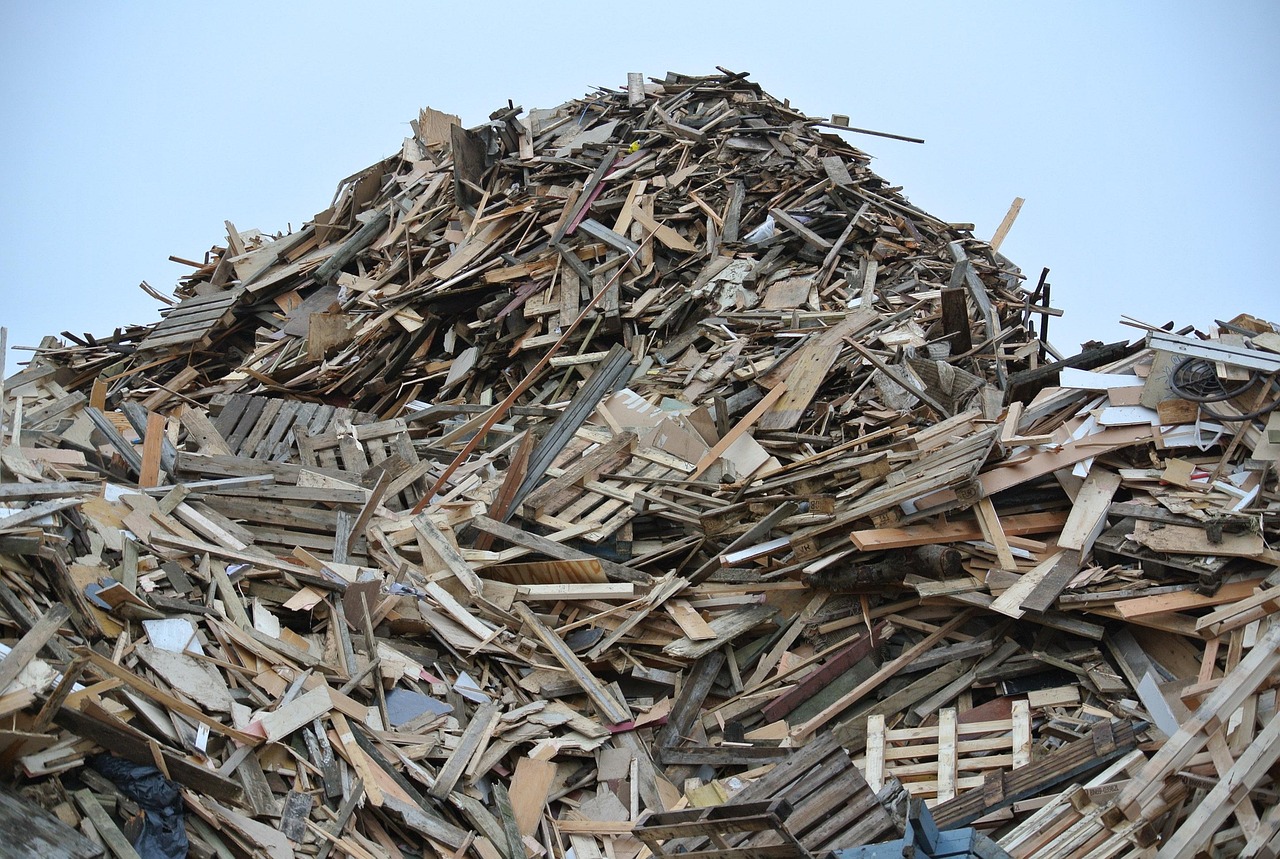A researcher effort at Jönköping University
Sometimes it is essential to take a look at what you are doing as a researcher and ask the necessary questions, "Is it right?", "Is it enough?" "Does it matter? and so on. This is what this blog is about today!

How do I know that I do the right things?
Technology Intelligence
The right research matters and will affect society in a sound and sustainable manner, but how do you know what matters and if it is right? To answer this isn't easy, especially as implementation and use of the research results are in the hands of a third party and not the researcher!
Is the research effort that you do the right research to do? All researchers need to do a good background analysis based on Technology Intelligence and Commercial Intelligence based on the research area. My personal experience is that Technology Intelligence often is excellent, but the understanding of Commercial Intelligence often lacks. To get this right is essential for the timing of doing the right research today, meaning that it can be used and adapted to activities benefiting society in a not too distant future.
Answering the benchmark on Technology Intelligence requires attracting the research community's attention, and today, citation analysis and Researchgate scores are possible ways to measure this to some extent. Time will always show what research that meets the mark!
Commercial intelligence
To answer, the benchmark on Commercial Intelligence must rely on that someone can use the knowledge and technology generated for the good of the surrounding society. In my research field, this consists of two critical elements.
Firstly, the project's intended outcome and goal must be coherent knowledge, and there must be means to use the results. This can be seen in the project follow-up on how well you and the partner companies judge the project goal fulfilment. A project goal fulfilment is naturally valuable, but more importantly, the project's intangible knowledge developed. The development of tacit knowledge, of what works and what does not, is equally important. This requires active project partners and the will and ability as a recipient of the knowledge generated. The most important part here is to develop the contact with the research partner and become a true speaking partner or sounding wall.
Secondly, the partnership must develop into a win-win situation. The company learns how to adopt results. The researcher gets a much-improved understanding of the practical Commercial Intelligence aspect of the research work. This second element will drive the implementation of the end-result and the elements being learned during the project. This is difficult to measure, but practising active industrial participation is critical for success. The best measure here is the ability to attract industrial co-funding or co-production or industrial in-kind contribution to the projects, especially when companies come back for a second project.
Co-production
From my effort, this has resulted in the following projects and industrial and other co-funding. The PI or Co-PI's role often becomes a strategic decision to either fit the call for proposal conditions or maximising the change of getting funding. This naturally also depends on the mix of projects being applied for at each call.
Start | En | Project | Funding | Contract | Role | Amount | Co-funding | Total |
2021 | 2023 | HEeGg | Energimyndigheten | 51228-1 | PI | 5564000 | 4800000 | 10364000 |
2020 | 2021 | ALSCRAM | Vinnova | 2020-03113 | PI | 504 976 | 510000 | 1014976 |
2018 | 2021 | ReCKA | Vinnova | 2018-02831 | PI | 5134572 | 6300500 | 11435072 |
2017 | 2020 | CompCAST Plus | KK-Stiftelsen | 20170066 | PI | 14980800 | 21154038 | 36134838 |
2017 | 2018 | EliSpri | Vinnova | 202100-4524 | Co-PI | 150000 | 3438000 | 3588000 |
2017 | 2018 | Optiheat | Vinnova | 2017-02497 | Co-PI | 423973 | 1246027 | 1670000 |
2016 | 2017 | Measurement of viscosity.. | Swedish national Space Board | 117/15 | PI | 2721000 | 0 | 2721000 |
2015 | 2016 | Measurement of viscocity… | Swedissh national Space Board | 120/14 | PI | 792000 | 0 | 792000 |
2015 | 2017 | Adding 2 | Vinnova | 201503447 | Co-PI | 2880000 | 3170000 | 6050000 |
2015 | 2018 | Utveckling avd MMC för högpresetrande aluminium komponenter | Vinnova | 2015-05072 | Co-PI | 1000000 | 6100000 | 7100000 |
2014 | 2015 | Nya generationens verktyg genom additiv tillverkning | Vinnova | 2014-01830 | Co-PI | 150000 | 700000 | 1700000 |
2014 | 2017 | CASTMA | Vinnova | 2013-05623 | Co-PI | 400000 | 0 | 3750000 |
2014 | 2016 | FatSS | Vinnova | 2014-05096 | Co-PI | 3777000 | 3777000 | 7554000 |
2014 | 2016 | InDeGrainS | KK-stiftelsen | 20130149 | PI | 4119398 | 5567402 | 9686800 |
2013 | 2015 | Gjutmagistern 3.0 | KK-Stiftelsen | 2013-0068 | PI | 9214869 | 3926962 | 13141831 |
2012 | 2015 | Uthållig produktion av framtida motorkomponenter | Vinnova/FFI | 2012-137.2.4.2 | Co-PI | 1600000 | 0 | 1600000 |
2012 | 2013 | Gjutning, Innovation, Produktivitet | KK-Siftelsen | 2011-0276 | PI | 1403592 | 0 | 1403592 |
2011 | 2017 | CompCAST | KK-stiftelsen | 2010-0280 | PI | 34567960 | 52566250 | 104505468 |
2011 | 2014 | Rheocom | KK-Stiftelsen | 201000203 | Co-PI | 4500000 | 6929800 | 11429800 |
Totals | 93379164 | 120185979 | 235641377 | |||||
How to achieve the targets?
It is difficult to come to a company and promise a better future if we collaborate on a project. As a researcher, you are generally responsible for both the sales and delivery of the results and the development and training of the staff/student to deliver parts of the work.
To get a company on board a project, you need to develop trust and credibility, and credibility is not built overnight. It takes time, a lot of time. Essential is to have done your homework before you meet the company. You must understand the Commercial Intelligence relevant to the company to some extent. You must also be able to demonstrate the necessary knowledge for the project with the company. One way to display this is to show your relevant experience through a similar take made with the company or others. You must also demonstrate dependability to the company, and this isn't easy without and previous projects. The last bit is that as any salesperson, you must work on your likability! These elements will open the door! The rest is mainly hard work!
How to sustain research and research funding?
There are ten commandments on how to fail your business or research. There is no rocket science to these, but they have helped me anyway!
Quit taking risks: You always need to challenge yourself to develop. Dare to promise something that you have an idea of how to deliver, but you are far from certain that to can. This is the golden rule for research as this will make you competitive in the long run
Be inflexible: There is a reason for you having two ears and one month. Listen to the industry and use the technology intelligence that you develop for the project, and adapt!
Isolate yourself: Asking for help is essential in research. Today you cannot drive the research as a single superhero. You will need to have a team to solve problems.
Assume infallibility: I genuinely wish that I was always right and never failed, but utopia is far away, and you must assume that you can be wrong and develop strategies to handle these. These solutions will include honesty and admitting that you are wrong now and then. But do remember to fight for your idea!
Play the game close to the foul line: In research, you essentially only have your ideas to show, which requires trust. Never put yourself in a situation where you end up close to the foul line; find a road to credibility and deliver quality.
Don't take time to think: Since you need to challenge yourself, you also need time to analyse and develop your ideas. Don not put too much into the projects and allow yourself calendar time to sort out the research tasks.
Put all your faith in experts and outside consultants: You need help, but you also need to define your skill and what core capability you must develop. This is to develop yourself and the subject that you are creating or leading.
Love your bureaucracy: This is a brutal rule, but if you grow, so must the surrounding and an organisation that only lives by rules will stagnate and lose its creativity. An organisation develops through the presence of rulebreakers, and therefor rule-breaking is part of successful research. But do not pass the foul line! Of all rules, this is most likely one of the most important.
Send mixed messages: Communication is critical. It is better to send a clear message and correct this rather than seeing ambiguous messages. Naturally, you cannot only be wrong, and you must prove your ability to make the right judgement!
Be afraid of the future and lose your passion for work – for life: Do not worry and trust in your ability to deliver. To grow research, you must finish the grants you get, and the entrepreneur will get more funding to continue. Not because you can but because you must!
Since you need help, you also need a team.
In essence, no one can today do research as a lone-ranger type. You are no better than the persons around you. You are not stronger than your team. Therefore, ground rules on collaborations are essential. I have personally found that living by the following ten commandments is vital for open and creative teamwork.
–We are active and contribute positively to work
–We respect each other
–We speak to one another and not about each other
–We are well prepared and on-time for meetings
–We are open and share ideas
–We respect the idea originator and his/her right to the idea
–We create and implement projects together
–We accept majority decisions
–We are loyal to decisions
–We have high integrity
So... Time to "Create new knowledge for the good of society." Do not forget to test, probe and benchmark your research! All good ideas must be able to withstand a test!
Detta är en bloggtext. Det är skribenten som står för åsikterna som förs fram i texten, inte Jönköping University.


.jpg)


